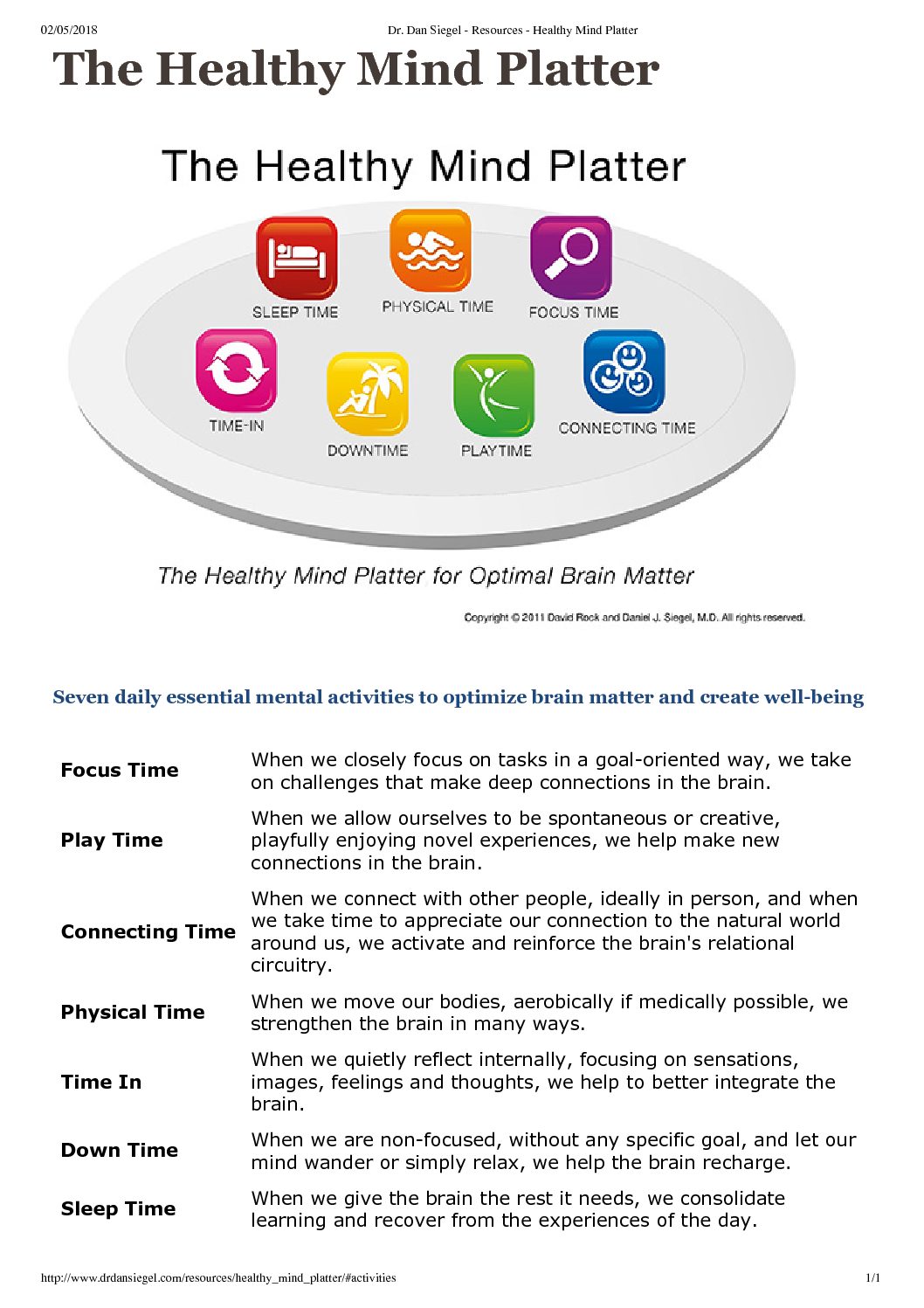Do Antidepressants (SSRI’s) Work? Are They Safe to Use? [opinion]

DISCLAIMER: This is a controversial issue. Do not under any circumstances cease medication without the guidance of your doctor. Some topics in this article are not suitable for those under 18 years.
Summary
I believe that SSRI’s are over-prescribed in both general practice and psychiatry. The benefit of treatment is modest at best and they have more potential side effects than is generally recognised. Psychological strategies are at least as effective as medication and longer lasting. If you are taking, or considering taking antidepressants, read on for clarification.
What are SSRI’s?
SSRI’s (selective serotonin reuptake inhibitors) are a group of commonly used antidepressants and including Sertraline (Zoloft), Fluoxetine (Prozac) and many others. They are often considered safe and effective, erroneously I believe when the evidence is examined carefully.
A recent publication in the Lancet by Cipriani et al, received much media coverage and commentary from sources such as the Royal College of Psychiatry suggesting that these antidepressants are safe and effective to use and that this study “finally puts to bed the controversy on anti-depressants”.
Unfortunately, conclusions drawn from the study by the media and other sources are not as black and white as they may seem.
The problems with SSRI research
SSRI’s have been in embroiled in research misconduct relating to the study of their safety and efficacy.
To over-simplify, studies that supported the use of these medications were more likely to be published than studies that didn’t. In some cases, data was allegedly falsified. This created a bias in the available information such that doctors cannot rely on the available scientific literature to guide treatment. Efforts have been made (by Cipriani et al and others) to reanalyse the data, including as much of the missing unpublished work as possible to gain an understanding of the true benefits and risks of these medications.
Further, in order to promote the sale of these drugs, the pharmaceutical industry manufactured a myth that depression is caused by low levels of a neurotransmitter called serotonin. They proposed that SSRI’s work by ‘boosting’ these levels. In reality, we don’t understand the biochemical mechanism by which these drugs work, however this myth has become so ingrained in popular culture that both medical professionals and lay people still believe it to be true.
Other research flaws to take into account include ‘selection bias’. This is where researchers deliberately select patients who they believe are more likely to do well to participate in their trials, in order to achieve a favourable outcome for the medication being tested.
What does the reanalysed data really say?
Cipriani et al, among other researchers, have reanalysed the data using complex statistical methods, attempting to include more of the missing unpublished material to gain a better understanding of the real effectiveness and safety of SSRI’s. This is a complex task and still a compromise compared to conducting the research correctly in the first instance. Although the current paper has its limitations and its critics, some say Cipriani et al “provides as good and balanced a synopsis as we will likely ever have of the” included trials but “many questions remain unanswered”.
Cipriani et al concluded that all 21 SSRI’s analysed were more effective than placebo in treating major depression in adults. This is useful information if you understand its limitations. The medications were tested on patients with major depression, so their effect may not necessarily be extrapolated to adjustment issues, anxiety or other conditions. The degree to which the drugs helped was modest at best. The studies only examined their effect up to 8 weeks of treatment. The paper did not analyse side-effects directly, rather the number of people who ‘dropped out’ of the trials. Most of these points are contained in the paper, stated by the authors themselves.
Jacobsen et al ‘s reanalysis of the data similarly concluded that while SSRI’s are effective from a statistical point of view that in the real world the magnitude of their effectiveness is questionable. They did analyse side effects and concluded that the risk of both serious and minor side-effects out-weighed the potential small benefit of the drugs.
Similarly, McCormack calculates that for every 8 to 10 people with major depression who commence SSRI’s, only one will experience a beneficial effect attributable to the medication.
What are the potential side-effects?
Like many drugs, SSRI’s can cause a range of side effects that can impact many body systems. They vary from one drug to another and in severity. These include symptoms such as light-headedness, headache, dry mouth, sleep disturbance, nausea, changes in appetite, taste or weight, agitation and palpitations to name a few. Others report that it is common to feel emotionally numb, not like yourself or to experience a reduction in positive as well as negative emotions.
Sexual dysfunction such as genital numbness, pleasure-less orgasm, impotence and loss of libido is very common. There is an emerging body of research that suggests in some cases the sexual dysfunction can be permanent even after medication is ceased. It is not known how common this is.
Traditionally SSRI’s have not been considered to be addictive in the same sense as Benzodiazepines (eg Diazepam/ Valium) however, evidence shows that withdrawal from SSRI’s is common, can be similarly troublesome and sometimes severe.
There is an increased risk of suicide in adolescents throughout the entire duration of treatment with SSRI’s.
Where does that leave us?
I believe that SSRI’s are over-prescribed in both general practice and psychiatry. Other common practices such as increasing the dose of SSRI’s when they don’t initially work are also unsupported by research.
Simple psychological strategies are proven to be at least as effective as medication, more enduring, cheaper in the long-term with less potential for side effects.
However, SSRI’s certainly do have a place in treatment. I consider them useful to help ‘numb’ overwhelming emotions particularly if symptoms are so severe that learning and applying new psychological practices is impeded or where symptoms do not respond to psychological treatment alone.
When considering taking SSRI’s weigh the potential benefits against the potential harms with your doctor. Equally important I would like to acknowledge that for those who do require an SSRI (or other medication) either in the short-term or ongoing basis, no societal or medical stigma should be associated with this decision, nor should it be perceived as a ‘failure’. Striving towards living a fulfilling life in the face of mental ill-health requires empowerment, flexibility and much support.
I would like to acknowledge experienced local psychiatrist Dr Rob Purssey for his invaluable contribution in preparing this article.















